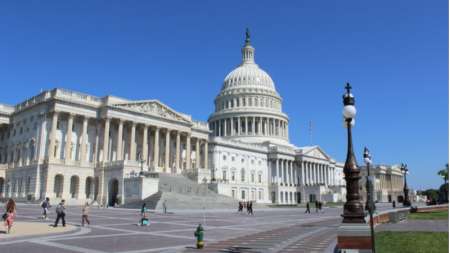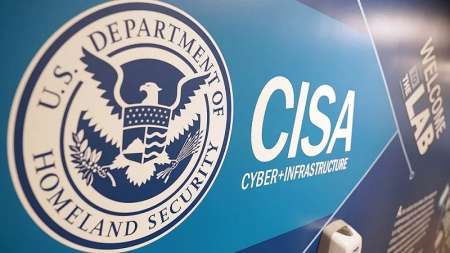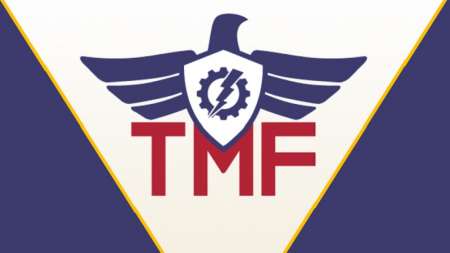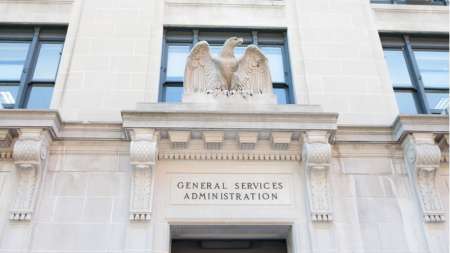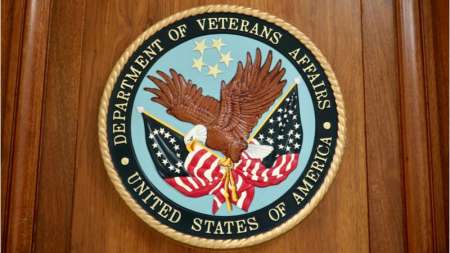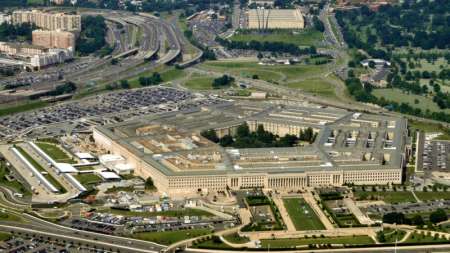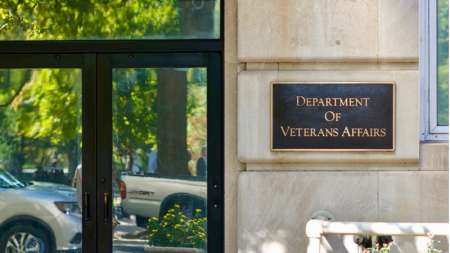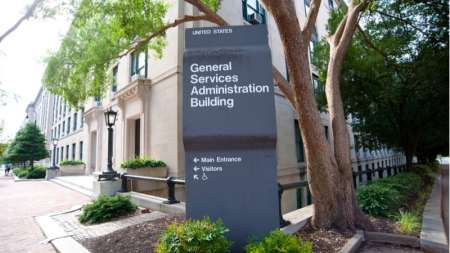While a good bit of the focus on the conferenced version of the fiscal year (FY) 2022 National Defense Authorization Act has centered around the lack of incident reporting and other legislative items that were cut from the bill, the defense spending bill that passed the House of Representatives last week continues to retain a variety of important cybersecurity and tech-related provisions. […]
The Cybersecurity and Infrastructure Security Agency (CISA) held its inaugural Cybersecurity Advisory Committee meeting Dec. 10, focusing heavily on how CISA and the committee can increase the Federal and national cybersecurity workforce. […]
The Cybersecurity and Infrastructure Security Agency (CISA) held its first Cybersecurity Advisory Committee meeting today, in which agency officials laid out their expectations for the committee and called for actionable cyber recommendations from committee members that CISA can implement. […]
Advances in digital technologies and artificial intelligence (AI) hold great promise to boost economic prosperity, but academic leaders warned this week that the technologies also are reshaping growth and distributional dynamics in ways that can increase economic inequality. […]
The Government Accountability Office (GAO) is concluding in a new report that the Technology Modernization Fund (TMF) has historically cost more to run than it collects in fees from agencies that it awards funding to, and that most of the savings estimates from older funded agency projects continue to be unreliable. […]
The Better Cybercrime Metrics Act – legislation that aims to improve cybercrime data collection and give Federal law enforcement more tools to stop online crime – was approved this week by the Senate via unanimous consent, and by the House Judiciary Committee via voice vote. […]
President Biden’s December 8 executive order on steps the Federal government will take to reduce carbon emissions across the government features provisions that direct Federal agencies to evaluate supply chain sustainability and supplier emissions as part of that larger effort. […]
The Office of the National Cyber Director has hired Joe Croce as its senior budget advisor, according to Croce’s LinkedIn. […]
The Department of Defense (DoD) data strategy already provides an overarching vision, focus areas, guiding principles, essential capabilities, and goals necessary to transform the DoD into a data-centric enterprise. Yet, according to DoD officials, another very necessary element to making this strategy work is clear communication throughout the entire department. […]
Legislative leaders from the House and Senate – along with Federal CIO Clare Martorana, officials from the Cybersecurity and Infrastructure Security Agency (CISA), and other government agencies – are headlining MeriTalk’s TMF Forward morning virtual program on December 16 with the latest developments on the Technology Modernization Fund (TMF) that Federal agencies use to re-tool their networks and boost cybersecurity. […]
The General Services Administration (GSA) announced it will be pushing back the release of requests for proposals (RFP) for its Polaris Government-Wide Acquisition Contract (GWAC) vehicle until January 2022, the agency announced on its interact GSA blog. […]
The Office of Management and Budget (OMB) issued updated guidance this week to agencies in order to ensure compliance with currently applicable court orders that bar the enforcement of the vaccine mandate for Federal contractors in any U.S. state or outlying area. […]
The American Civil Liberties Union (ACLU) wrote an open letter to the Department of Homeland Security (DHS) opposing any efforts by the agency to expand its use of facial recognition technology. […]
Despite the Department of Defense’s (DoD) efforts to add its Cybersecurity Maturity Model Certificate (CMMC) program to its acquisition process beginning in 2021 and up until full implementation in fiscal year (FY) 2026, a new report from the Government Accountability Office (GAO) found that DoD has not met its implementation goals, nor properly communicated key decisions with industry. […]
The Senate Armed Services Committee advanced the nomination of John Sherman to serve as the chief information officer (CIO) at the Department of Defense by voice vote on Dec. 8. […]
The National Geospatial-Intelligence Agency (NGA) has awarded General Dynamics Information Technology (GDIT) a potential 10-year, $4.5 billion contract for IT and data center services. […]
After a spate of cyberattacks and ransomware attacks on American companies and critical infrastructure providers since the start of the COVID-19 pandemic, lawmakers and members of the cybersecurity industry expressed shock and disappointment that mandatory cyber incident reporting was dropped from the conferenced version of the fiscal year (FY) 2022 National Defense Authorization Act (NDAA). […]
The Senate Judiciary Committee favorably reported the Open Courts Act of 2021 (S. 2614) to the full Senate floor with bipartisan support for the legislation. […]
Senators praised Kurt DelBene, the nominee for chief information officer (CIO) and assistant secretary for information and technology at the Department of Veterans Affairs (VA), during a quick Senate Veterans’ Affairs Committee hearing on Dec. 8, and called for swift confirmation by the full Senate. […]
While healthcare disparities are not new, the COVID-19 pandemic did highlight the persistent and systemic inequities with healthcare in this country, especially for indigenous communities. […]
The Department of Defense (DoD) has announced establishment of a Chief Digital and Artificial Intelligence Officer (CDAO), responsible for strengthening and integrating data, AI, and digital solutions across DoD. […]
Two major pieces of cybersecurity legislation – a Senate-approved bill to reform the Federal Information Security Management Act (FISMA), and another bill to standardize reporting requirements for major cybersecurity incidents – both failed to make the cut in the House-Senate conference version of the fiscal year (FY) 2022 National Defense Authorization Act (NDAA) that passed the House Dec. 7. […]
The Department of the Navy has a good sense of how data is generated on the mission side, but struggles to analyze that data and decide appropriate uses for it, according to the Navy’s Chief Data Officer (CDO) Tom Sasala. […]
The Department of Veterans Affairs (VA) is contracting JumpStart, an app developer, to build a platform using AI and a user’s own body to improve the physical therapy process – unless other off-the-shelf apps are identified with equal or greater capabilities. […]
Performance management for the government is at a crossroads between traditional and new emergent models. But the dawn of big data and technological advancements in analytics has brought forth new opportunities for an emergent performance management framework that deliberately seeks to leverage these data. […]
The General Services Administration’s (GSA) Technology Transformation Service (TTS) wants to build a federated authentication service and is looking for input on this effort, according to a request for information (RFI) posted on Sam.gov. […]
The U.S. Coast Guard has selected AT&T to consolidate different data communications networks onto a single modernized data communications platform under a task order worth up to $161 million over 11 years. […]
Today the Senate voted 68-31 to confirm Federal Communications Commission (FCC) Chair Jessica Rosenworcel to another five-year term. […]
The Department of Veterans Affairs (VA) has issued a presolicitation on SAM.gov, detailing its plans to utilize emerging technologies to improve healthcare products and in turn, patient care. […]
Amazon Web Services (AWS) has announced a second cloud computing region specifically intended to host top-secret classified information from U.S. defense, intelligence, and national security agencies. […]

